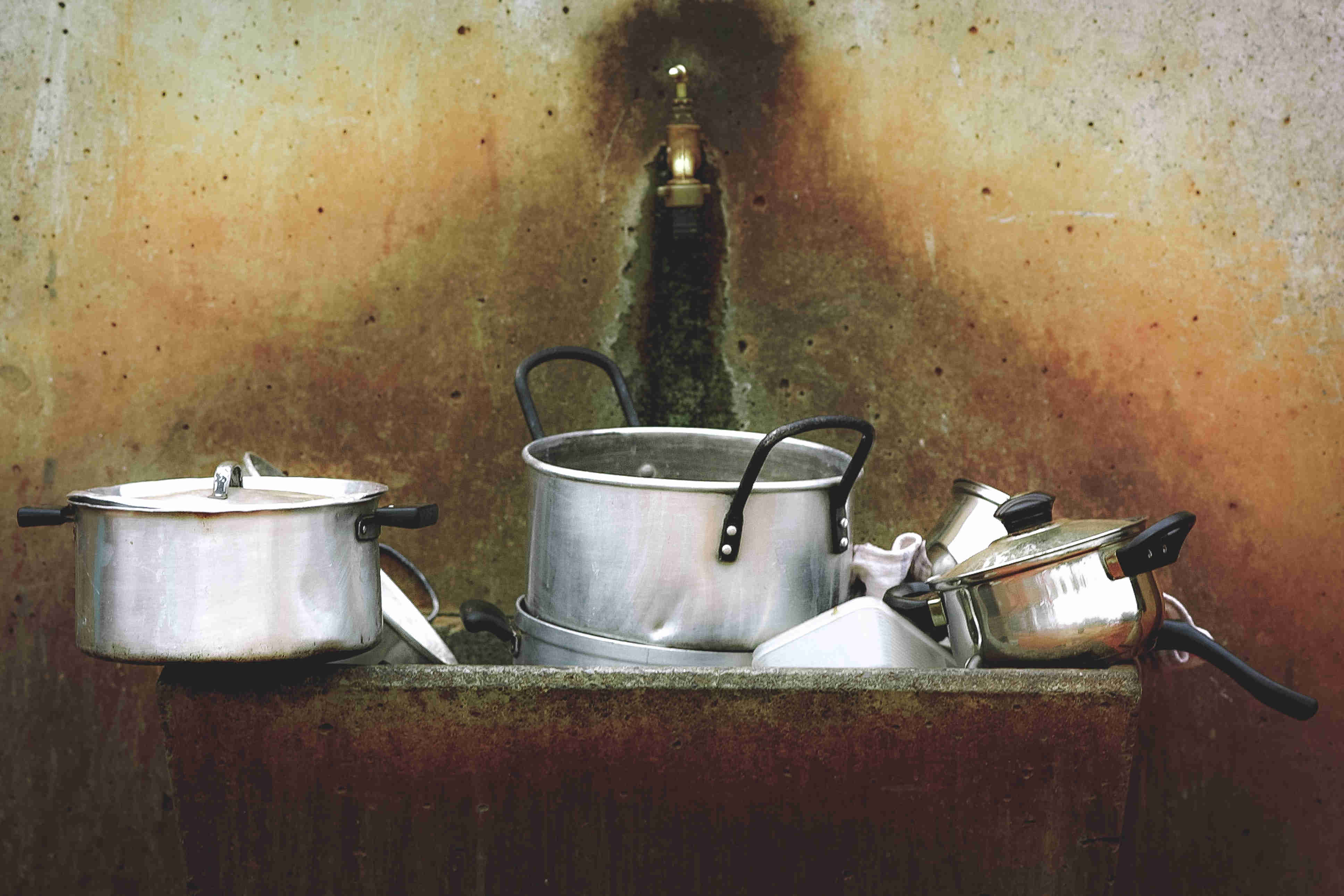
The warewashing machines that we stock are from some of the most hard-working and reliable brands on the market, so you can be sure that you’re investing in a product that will work hard for years to come. What’s more, we have units to suit all budgets and requirements, so you can find the perfect one for your business.
Our specialist team has put together a brief guide on what to look out for when purchasing commercial warewashing equipment - Read on.
Commercial Warewasher Size is Important
The first thing you need to consider when buying commercial warewashing equipment is the size of the machine. Getting a unit that will comfortably cope with the amount of washing you need to do daily is essential. To make sure you invest in a commercial dish washer that is up to the job, consider the number of covers you serve during your busiest period and tailor the size and capacity of your equipment to suit.
Choosing a professional dishwasher that can only cope during standard services will leave you with a surplus of dirty dishes during the rush and pot wash staff that have no chance of keeping up with the flow of dirty dishes. Also, operating your warewasher to full capacity continuously, all day, every day with put added strain on the equipment which could lead to reduced efficiency, increased risk of breakdown and decreased product longevity.
Consider the basket size of the glasswasher and dishwasher and calculate this potential capacity against each cycle time. Remember to factor in the time it takes to unload and reload baskets between cycles when calculating the number of cycles per hour that the machine is capable of.

Layout and Function
Your kitchen layout will also dictate what type of warewashing machine you can have. For example, under-counter dishwashers are perfect for smaller spaces as they fit snugly into existing kitchen units. If you have more room to play with, freestanding or pass-through dishwashers may be more suitable.
It’s also important to think about the function of the machine. For example, if you need a unit that can wash dishes and glasses, then a dishwasher that has programmable software is what you’re after. Glasswashers and commercial dish washers will operate at different temperatures, glasswashers being cooler so as not to compromise delicate glassware. Commercial dishwashers achieve high temperatures, higher than domestic models, to ensure a hygienic clean. These units wash and rinse dishes at high temperatures (usually between 60°C and 80°C), which means they can kill bacteria quickly and efficiently.
Consider heat recovery systems in large pass through, hood and rack conveyor dishwashers. This uses the energy from the steam produced during a cycle to preheat the water supply and help to reduce running costs.
Now you have some insight into buying commercial warewashing equipment. It’s time to take a closer look at our available products.
Under-counter dishwashers
Our under-counter dishwashers are perfect for busy restaurants, cafes and bars that must wash dishes quickly and efficiently, but that are limited by space. These units fit snugly into existing kitchen units so that they won’t take up too much space in your already busy kitchen. And, with a choice of models from some of the most trusted brands on the market, you can be sure you’re investing in quality with one of these dishwashers.
Pass-through and Hood dishwashers
A pass-through dishwasher or hood dishwasher is a perfect solution for busy catering establishments that must wash large quantities of dishes quickly and efficiently. Typically seen as part of a pot wash production line with tabling on either side of the dish washer, baskets can be quickly and efficiently passed through the machine. With models from leading brands such as Classeq, Winterhalter and Hobart, you can be sure you’re getting a quality product that will achieve hygienic results.
Rack Type and Flight Conveyor dishwasher
Rack type dishwashers, also known as flight conveyor dishwashers, are massive pieces of kit tailored to larger premises such as universities, prisons and hospitals where demand for clean cutlery and crockery is great. With two doors (one at each end), these industrial dishwashers allow dirty dishes to be loaded at one end and clean ones to be unloaded at the other, making the washing process quicker and more efficient.

Other Considerations
Once you’ve decided on the size, layout and function of your commercial warewashing equipment, you need to consider a few other things. These include:
- The water supply – all commercial dishwashers require a mains water connection. Make sure your kitchen has this before making your purchase.
- Drainage – again, all commercial dishwashers need a drainage connection. This can be either to an existing mains drainage system or, in some cases, a floor drain.
- Water softeners are essential if you live in an area with hard water as they prevent limescale build-up in your machine. Using water softeners, in turn, helps to prolong the life of your warewasher and keeps it running at peak performance.
- Detergents, rinse aids and sanitisers – are vital for cleaning your dishes and ensuring you get sparkling glasses every time.
While warewashers are great bits of kit that will save you time and money, you should be aware that they can be one of the more troublesome pieces of equipment if not installed, levelled and set up correctly.
Critical points often overlooked are salts, detergents, rinse aids, and water softeners (internal or external), essential to performance and equipment longevity.
The above is almost everything you need to know about commercial warewashing equipment. Whether you’re looking for an under-counter, freestanding, hood or pass-through model, we’re sure to have the perfect unit for your needs.


